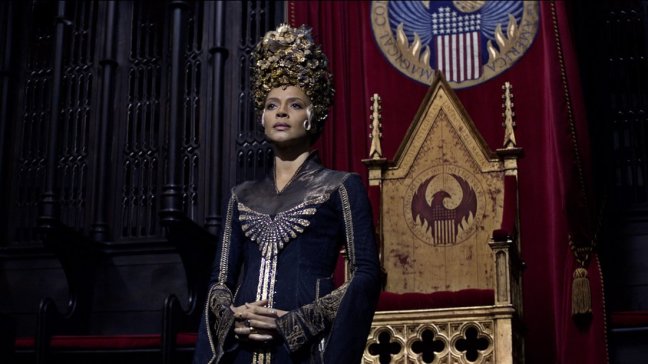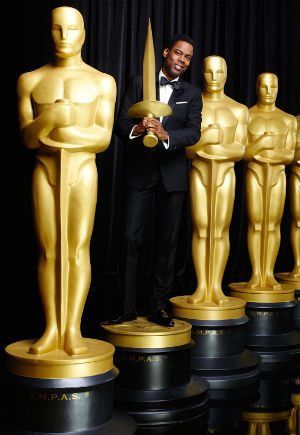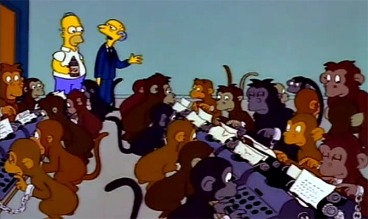My main thoughts coming out of Fantastic Beasts And Where To Find could be summed up as: meh. I mean, it was okay. The acting was fine, CGI team deserve an award for their creativity, but the characters felt flat and the actual plot of the film was shoved into the background in favor of a series of slap stick routines surrounding the magical creatures. It was long, but not terrible.
Still, there was just one little thing that bugged the hell out of me throughout the movie. The way it treated it’s one and only Black person who could be called a character. Seraphina, the head of MACUSA, was cast as The Big Bad Authority Figure (a Black woman as an oppressor in the 1920s!) Who’s Always Wrong: she shouts down poor trembling plucky White (well Jewish) Porpentina, let’s the main villain get away with shit right under her nose and is kind of a dick.
I looked on the internet, expecting to see a whole load of articles on this, but all I found was a lot of articles on the casting choice, and one review on BlackNerdProblems. The rest of the internet seemed to ignore this, and even praised it on handling themes of bigotry while pretty much ignoring anyone who would realistically be on the receiving end of bigotry.
This is a shame because this is such a missed opportunity. I love the Harry Potter universe, and am generally a fan of JK Rowling as a person. J K Rowling looked like she was making progress with standing up for the casting choice of a Black lady as Hermione in Harry Potter and The Cursed Child, and I’d hoped that all the excitement surrounding that would demonstrate to her how much including some none white people in the wizarding world would mean to people (hell, people get excited about being included as even random names or subtext in the books). But alas, with this movie it looks like she’s making the exact same mistakes as she did in the main series.
THE BLACK BOSS GETS DOWNGRADED TO ‘THE MAN’ SHOUTING DOWN THE POOR WHITE LADY… IN THE 1920S
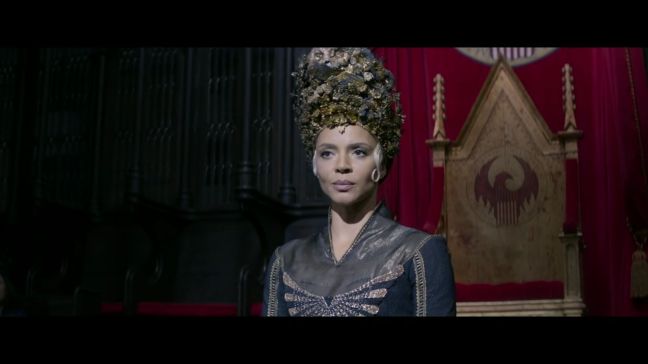
Just like with Kingsley Shacklebolt, the Minister Of Magic, Seraphina Picquery follows in the footsteps of a dozen minor Black high court judges, bosses etc who have little impact on the plot. You know, kind of like in those shows where we get the Black Police Chief who presides over the case, but the White people get to all the cool groundwork and have their storylines and lives focused on.
This is quite a tantalising way of deflecting criticism without putting in any actual effort because look! They’re role models! They’ve got power! They’re the boss! Who cares if they haven’t got trifling things like character or plotlines or screentime and their job amounts to them being little more than glorified support cast- empowerment!
But the thing is, Seraphina is actually a step back from Shacklebolt. At least Shacklebolt is supposed to be a good leader. Seraphina is… not. She is more like Cornelius Fudge, only at least he got to be likable for a little while. Seraphina shouts down poor, trembling Ms Goldstein when she’s trying to relay useful information, blames her for not telling her earlier, has our protagonists unfairly executed and is constantly outwitted by our villain.
The only difference between her role and that of a villain is that a villain gets in the way of the protagonists’ schemes because he WANTS to cause trouble; because he is scheming, competent and his objectives clash with theirs. Seraphina is antagonistic because of her incompetence- because she doesn’t listen to important information because the speakers are below her, who is decieved by the villain at every turn and during the final battle, her and all her Wizards were impotent and had to be saved by Newt- a man who finds himself decieved by the small animals he’s supposed to be an expert on in a regular basis.
What’s worse, is that this is 1920s America and she towers over and oppresses a white (okay, Jewish) woman, belittling her and playing the big cruel antagonist. This just feels like a cruel denial of reality, where not only do we ignore actual prejudice but turn Black people into the villains and the white characters into the oppressed ones we’re meant to sympathise with. This wouldn’t be so much of a problem if Seraphina wasn’t the only Black person who can be described as an actual character in the film.
The Unlucky Second Choice POC Romance
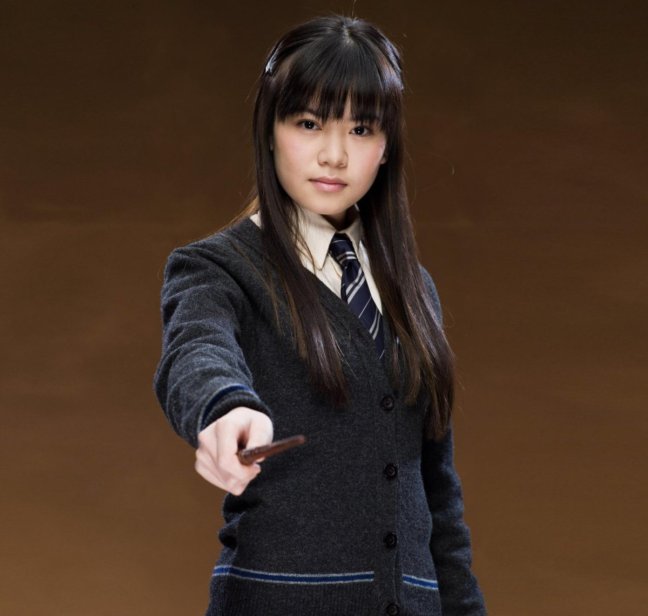
The second most relevant POC in the film is Lita Lestrange. Okay, we only see her as a picture, but since the only other contenders are random diplomats with one line and some bit part who was totally going to euthanise the hell out of our protagonists, love interest photo is the closest we got to a second important POC character.
Even before she’s even had a chance to speak a line she’s being put in her place (she was a taker, you need a giver) and positioned as the inferior choice to Porpentina. She is now destined to follow in Chang’s footsteps as the Unlucky Love Interest. At least Cho got Harry’s undivided affections before book 5 before she got derailed in order to lift up Ginny as Harry’s one twu wuv.
I don’t think Rowling’s doing this out of malice- more out of lack of investment of POC characters. But author intent is pretty irrelevant, and what we get is a constant case of POC being the unlucky second choice.
AND THOSE OTHER PEOPLE… IN THE BACKGROUND
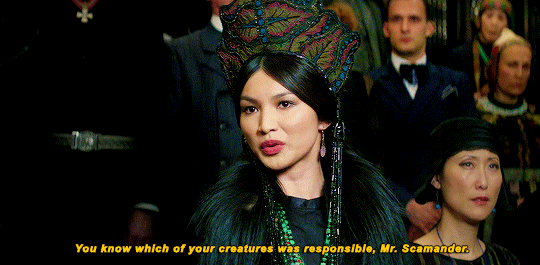
Yeah, aside from the Serafina, the other POC characters include a Euthanist/ executioner, some black coded goblin musician, and a bunch of foreign representatives who stand around in the background and look diverse while not actually doing anything . This is no doubt going to be held up as proof of diversity, but having none white people as window dressing who have no impact on the plot does not count as being diverse.
HISTORICAL ACCURACY AND PORTRAYAL OF POC.
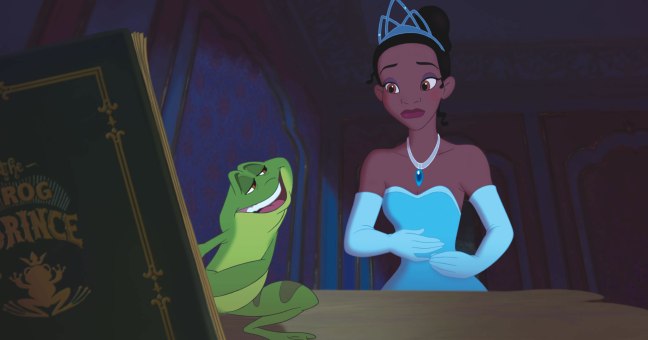
Yeah, this always comes up ‘but it’s history- Black people wouldn’t have been around and weren’t able to mix with white people so therefore of course it’s not diverse’. No, Black people weren’t just passive servants living on the outskirts of society. In this period, they were a major part of Urban Life (as many left rural areas to live in bigger cities due to prejudice), they held important jobs such as policemen and women, military officers and aviation pilots. It’ss just that most history books tend to skim over this fact, and society in historical based fiction has been portrayed as entirely white save for slaves and servants so many times that most people believe this myth without question. Which again is not helped by the fact that history books tend to largely ignore this, so when authors do research on the era they’re not likely to easily find detailed info on the subject- it’s a vicious cycle..
It’s a myth so prevalent that in the first draft of The Princess And The Frog they were going to make Princess Tiana a servant- not out of malice- but because they genuinely didn’t realize that Black people could be other things at that time period.
Am I Accusing JK Rowling Of Being A Racist?
Ah, whenever you bring up this issue you always get accused of trying to attack an author. So, do I think J K Rowling’s racist?
Short Answer: No.
Long Answer: No, and this issue really derails the conversation. I’m not looking at this as evidence for a trial of whether she’s attained perfect allydom status- that’s not really the point of this analysis.
The point is not author’s intent. The point is what ended up on paper, and J K Rowling is making the same mistakes as she did with the Harry Potter series, and since that series is an important part of growing up and adolescence to so many people (and Dumbledore’s Army is now a symbol against racist ideology), that’s a damn shame. The series hasn’t been completed, and it would be great if POC got to be a part of the Potterverse in a way that they weren’t able to in the main series. J K Rowling seems like a reasonable person, so in bringing up these problems, and asking for better, the point is to make people aware of these tropes and to encourage future writers to learn from the problems and do better in the future.
So, then Forced Diversity?
Well, I think a lot of people complain about this are just so unused to seeing POC on their screens that ANY time they appear it’s so unnatural and MUST be the left wing agenda. But for those whom that isn’t the case. Having a more diverse cast doesn’t make a well written story less well written. I mean, look at OITNB, The Wire, Avatar: The Last Airbender, Spartacus, Moana, Kubo and the Two Strings, Steven Universe; the highly acclaimed Ms Marvel Kamala Khan incarnation, Luke Cage, Empire. The diversity added more depth to the work and allowed women, LGBT people, and ethnic minorities to feel more invested. Like it or not, fantasy is escapism that allows us to travel to another world and it matters being able to picture yourself as part of the adventure- that’s why pretty much every hero is a hapless every man rather than someone actually qualified . Would Hunger Games have suddenly been a less well written book if Gale or Katniss had been an unambiguous POC? No.Not at all.
What does detract from a work, however, is half assed diversity, tokenism and only including one minority character. It’s a problem when they include a character to teach a Very Special Lesson, and don’t bother to give that character a personality or role in the plot. Worse, is when they only include one character, pin the responsibility of representing a whole group on them, and turn them into a flat role model instead of an actual person.
It would not make the series bad if they included interesting, well written characters who happen to be Black. As flawed a character as Cho Change may be, she meant a lot to Asian fans and there was a lot of excitement when it came to seeing her on screen.
Harry Potter means a lot to so many people- hell, even having a random name mentioned in one book means a lot to many people. So using these films- a clean slate to- as a way of allowing POC to feel more a part of the adventure that all of us grew up fantasizing we could be a part of.


